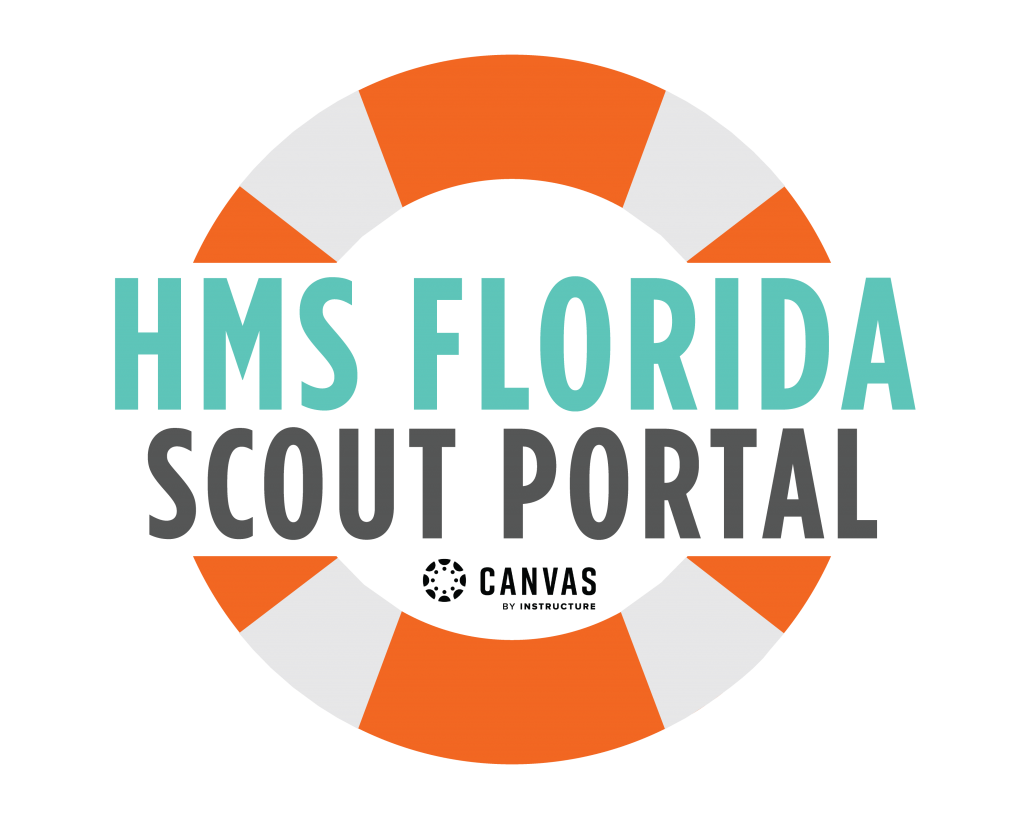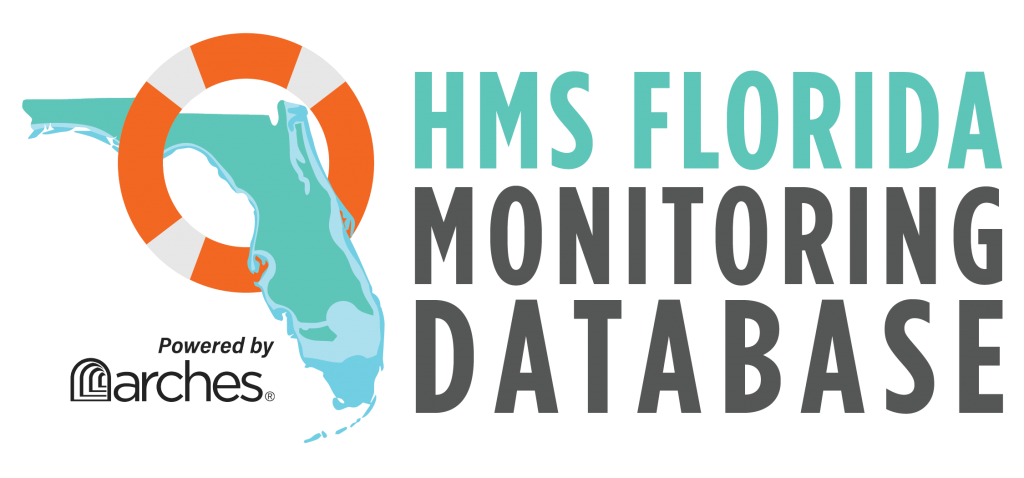Training
HMS Florida

What is the HMS Florida Program?
Heritage Monitoring Scouts (HMS Florida) is a public engagement program created by the Florida Public Archaeology Network focused on tracking changes to cultural sites at risk, particularly those impacted by climate change in the form of erosion and sea level rise.
FPAN staff train members of the public to identify, document, and monitor cultural sites including historical cemeteries, structures, and archaeological sites and their conditions. The training includes locating appropriate sites, identifying cultural materials, like artifacts, and assessing site conditions based on possible threats. Trainees learn to photograph and describe sites, threats, and materials without disturbing these special places. They also receive training to use the HMS Florida Monitoring Database, an interactive, map-based website, to submit all of this information to be securely curated and used by FPAN staff and other professionals to help make smart decisions about these cultural resources.
Once trained, members of the public are official “HMS Florida Scouts”. Scouts can continue monitoring sites using the HMS Florida Monitoring Database with FPAN staff during organized visits, in small groups, or on their own.
Why Participate in the Program?
The HMS Florida program is designed to empower individuals to help gather information that archaeologists, planners, and others can use to make smart decisions with limited resources. We have many Scouts who use the program as a way to plan trips around the state to see new places or as an excuse to visit their favorite sites. Each Scout Report adds to our understanding of the over 44,000 sites in our database and contributes to the care and dedication Floridians and visitors alike have for our shared human past.
How do I Become a Scout?
The public is encouraged to apply to the program and will receive step by step instructions for completing training, signing up for the HMS Florida Monitoring Database, and monitoring sites.
Click “Apply to Become a Scout” to begin the process.
To participate in the program, you can apply and train to become HMS Scouts using our online HMS Florida Scout Portal. This site contains online training videos, presentations, and practical lessons as well as all resources for current Scouts including artifact identification resources, monitoring examples, detailed instructions for monitoring a site, and submitting your monitoring information to the HMS Florida Monitoring Database. The 5 core modules required to become a Scout will take approximately 5 hours and include an introduction to the program, laws and ethics that protect cultural sites, site monitoring basics, and how to use the HMS Florida Monitoring Database, an interactive, map-based website where Scouts can view cultural resources across Florida and log Scout Reports from monitoring visits.
Want to become a scout? Click the “Apply to Become a Scout” button!
Have a question or want more information on this program? Send us an email at hmsflorida@fpan.us.
HMS Florida: Heritage Monitoring Scouts
Archaeology Project sets sights on sea level, finds floods of work to do
The new vanguard protecting historic sites from sea level rise: Volunteers
Heritage at Risk: An Interview with Sarah Miller
NPR WUWF Story: HMS Florida Assessing Cultural Sites at Risk
2025
2024
Specialized Community Programs. Rubinson, Samantha and Sarah E. Miller (2024) In A Practitioner’s Guide to Public Archaeology: Intentional Programming for Effective Outreach, edited by Elizabeth Reetz and Stephanie Sperling, in press. Rowan & Littlefield, New York.
Community Archaeology and Climate Change (2024) Gunnarsdóttir, Klara Ósk. World Archaeology: 1-17.
2023
Miller, Sarah E. and Jeneva Plumb Wright (2023) Archaeology of the Anthropocene: Historical Archaeology’s Response to the Climate Crisis. Historical Archaeology 57(2):448-472.
2022
2021
2020
Community Engagement in the 21st Century (2020) Miller, Sarah E. In Handbook of Global Historical Archaeology edited by Charles Orser, Pedro Funari, Susan Lawrence, James Symonds, and Andrés Zarankin, pp. 150-178. Routledge, New York.
2018

